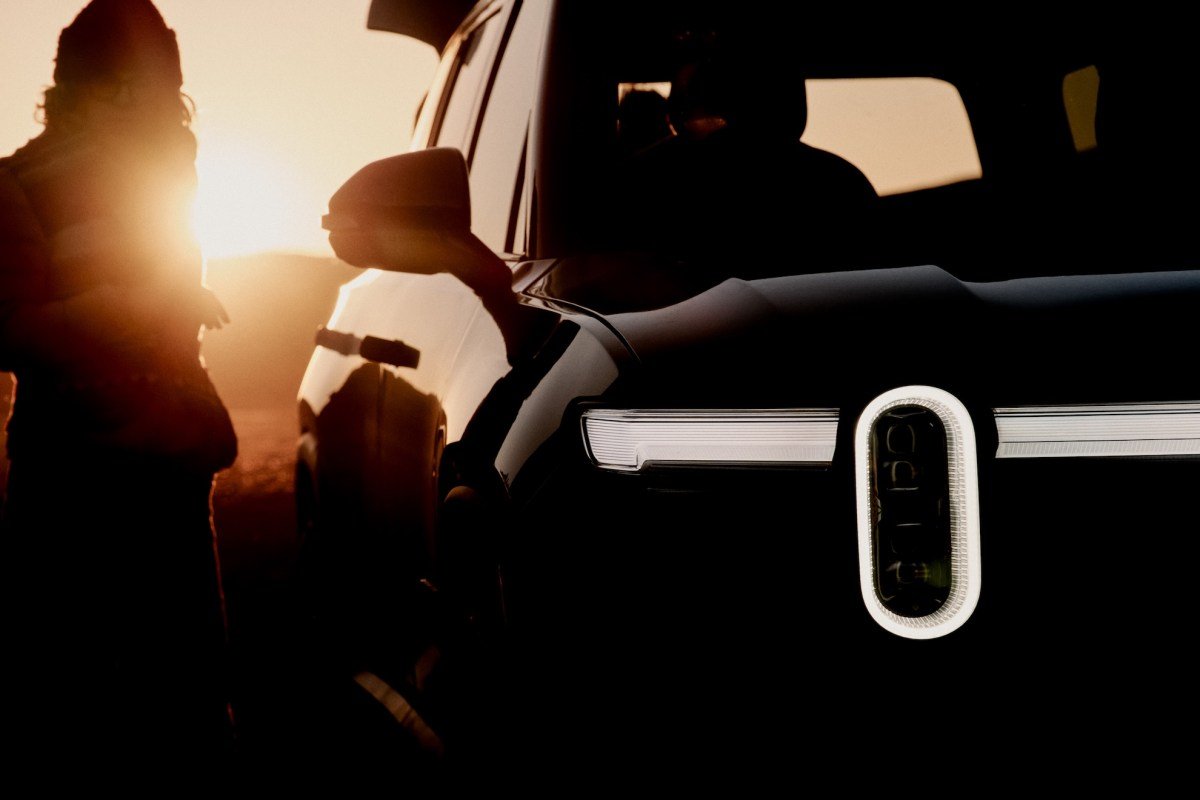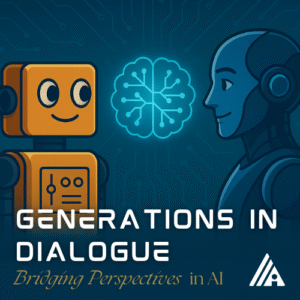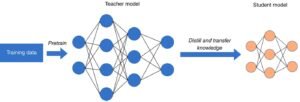This week’s cool tech stories from around the web (through November 1)
Technology
Nvidia becomes the first company worth $5 trillionHannah Erin Lange | Wall Street Journal ($)
“Nvidia is now larger than AMD, Arm Holdings, ASML, Broadcom, Intel, Lam Research, Micron Technology, Qualcomm and Taiwan Semiconductor Manufacturing Corp combined, according to Dow Jones market data. Its value also exceeds entire sectors in the S&P 500, including utilities, industrials and consumer staples.”
Robots
1X Neo is a $20,000 home robot that will learn household chores through remote operationMariela Moon | Engadget
“In an interview with The Wall Street Journal’s Joanna Stern, Bernt Bornich, CEO of 1X, explained that the AI neural network running the machine still needs to learn from more real-world experiences. Anyone who buys the NEO for delivery next year will have to agree that a human operator will see inside their homes through the robot’s camera, Bornich said. It’s essential to be able to teach machines and collect training data so they can eventually perform tasks autonomously.”
Biotechnology
A new startup wants to modify human embryosEmily Mullen | Wired ($)
“In 2018, a Chinese scientist He Jiankui He shocked the world when he revealed that he had created the first genetically modified children. The backlash against him was immediate. Scientists said the technology is too new to be used in human reproduction, and that altering DNA amounts to genetic enhancement. …Now, a New York-based startup called Manhattan Genomics is reviving the debate about genetically modified children.”
Technology
OpenAI is reportedly planning an IPO worth up to $1 trillion as early as next yearMike Pearl | Gizmodo
“An anonymous report from Reuters claims that OpenAI is planning an IPO that would value the AI giant at up to $1 trillion.” And just on Tuesday, the company officially completed its slow evolution from obscure nonprofit to for-profit corporation. It now appears to be formalizing its plans to become one of the world’s economic powerhouses – at least on paper.
artificial intelligence
AI agents are bad freelancersWill Knight | Wired ($)
“A new standard measures the extent to which AI agents can automate economically valuable tasks. Human-level AI is still a long way off. … “I hope this gives more accurate impressions about what’s happening with AI capabilities,” says Dan Hendricks, director of CAIS. He adds that while some agents have improved significantly over the past year or so, that doesn’t mean this will continue at the same rate.
computing
The hunt for $460 billion worth of Bitcoin’s quantum treasureKyle Torpey | Gizmodo
“Satoshi’s early Bitcoin cache creates a massive opportunity for quantum computing startups. … These early Bitcoin addresses, including many that have been linked to Bitcoin creator Satoshi Nakamoto, may also be linked to private keys (essentially passwords to Bitcoin accounts) that are missing or inaccessible to anyone. In other words, they’re kind of like lost digital treasure chests that a quantum computer could open at some point in the future.”
future
How artificial general intelligence became the most important conspiracy theory of our timeWill Douglas Heaven | MIT Technology Review ($)
“The idea that machines will be as smart as or smarter than humans has hijacked an entire industry. But look closely and you’ll see that it’s a myth reminiscent of much more outlandish and clearly fantastical schemes. … I get it, I get it — calling AGI a conspiracy isn’t a perfect metaphor. It’s also going to piss off a lot of people. But come down this rabbit hole with me and let me show you the light.”
Biotechnology
Life Lessons from Bowhead Whales (Very Old).Carl Zimmer | New York Times ($)
“By measuring molecular damage that accumulates in the eyes, ears and eggs of bowhead whales, researchers estimated that bowhead whales live for up to 268 years. A study published in the journal Nature on Wednesday offers a clue as to how the animals manage to live so long: They are unusually good at repairing damaged DNA.”
energy
Renewable energy and electric vehicles have grown much faster than experts predicted 10 years agoAdele Peters | Fast company
“There is now four times more power than the International Energy Agency (IEA) predicted 10 years ago. Last year alone, the world installed 553 gigawatts of solar energy — roughly 100 million American homes use it — which is 1,500% more than the IEA predicted. … More than 1 in 5 new cars sold worldwide today is an electric vehicle; a decade ago, that number was less than 1 in 100. And even if the growth is now, The world is on track to reach 100 million electric cars by 2028.
computing
Extropic aims to disrupt the Bonanza data centerWill Knight | Wired ($)
“The startup’s chips operate in a radically different way than chips from Nvidia, AMD and others, and promise to be thousands of times more power efficient when they scale up. With AI companies pouring billions of dollars into building data centers, an entirely new approach could offer a much lower cost alternative to vast arrays of traditional chips.”
Technology
AI browsers are a cybersecurity time bombRobert Hart | Edge
“Although there are some heavy guardrails, there is a wide attack surface,” says Hamed Haddadi, professor of human-centered systems at Imperial College London and chief scientist at web browser company Brave. “What we see is just the tip of the iceberg.”
future
Finally, NASA’s supersonic plane took off on its maiden flight at breakneck speed and extremely quietSpring passage | Gizmodo
“NASA’s X-59 has completed its maiden flight over the Southern California desert, bringing us closer to traveling at the speed of sound without the explosive, thunder-like clap that comes with it. The experimental aircraft, built by aerospace contractor Lockheed Martin, is designed to break the sound barrier, albeit to do so quietly.”
Biotechnology
A Bay Area grocery store will be the first to sell cultured meat, but you only have a limited time to try itChristine Toussaint | Fast company
“[Cultivated meat]has only appeared on a handful of restaurant menus since FDA approval. But if you’re in the Bay Area, you’re in luck: Cultivated meat startup Mission Barns will sell its pork balls (made from a pea protein base plus the company’s farmed pork fat) at Berkeley Bowl West, one location of the independent grocer in California.”
A recent study has found that chimpanzees are capable of rational thought like humansBecky Ferreira | 404 media
“Chimpanzees were able to rationally evaluate forms of evidence and change their existing beliefs if presented with more convincing evidence. The findings reveal that non-human animals can exhibit key aspects of rationality, some of which have never been directly tested before, shedding new light on the evolution of rational thought and critical thinking in humans and other intelligent animals.”
Robots
Is Waymo ready for winter?Andrew J. hawkins | Edge
“For its first few years of operation, Waymo has strategically committed to cities with warmer, drier climates — places like Phoenix, Los Angeles, Atlanta and Austin. But as it looks to a host of East Coast cities, including Boston, New York City and Washington, D.C., in the next phase of its expansion, its ability to handle more adverse weather will become a critical test.”












